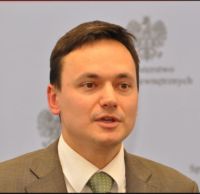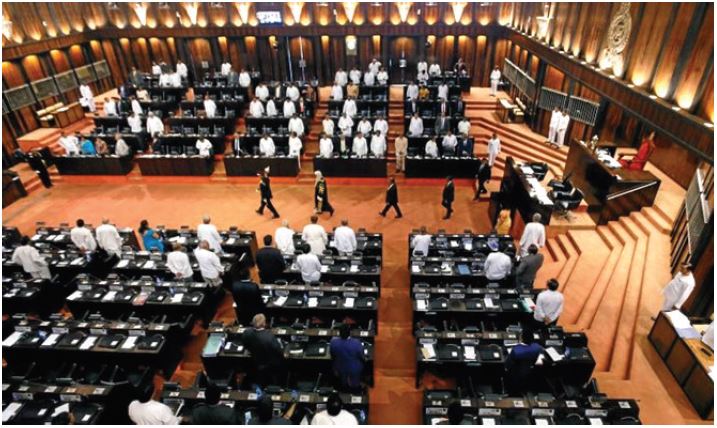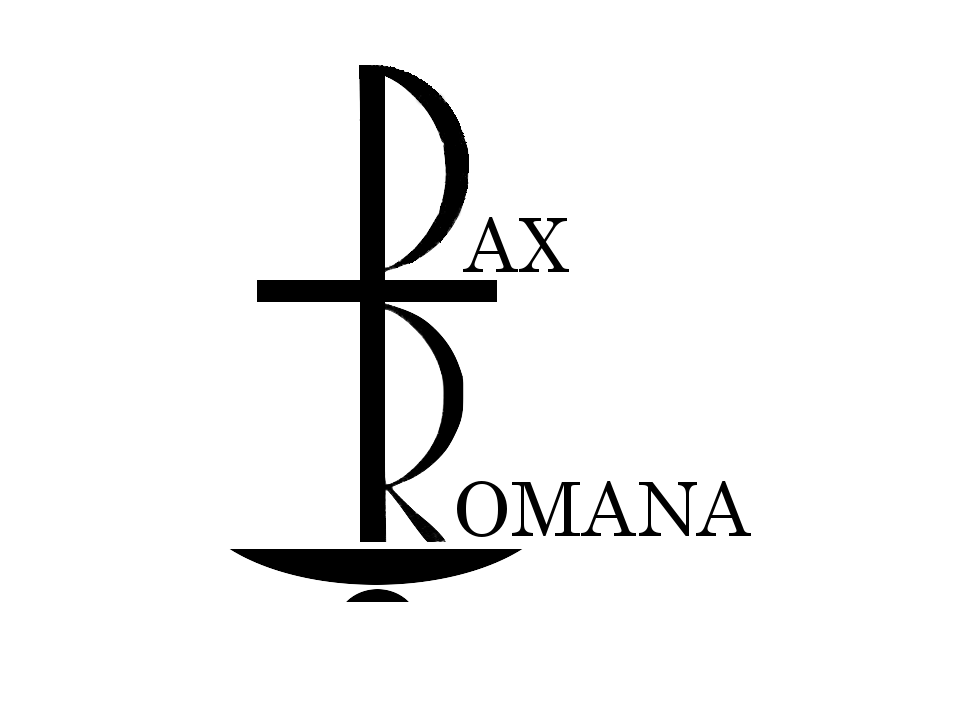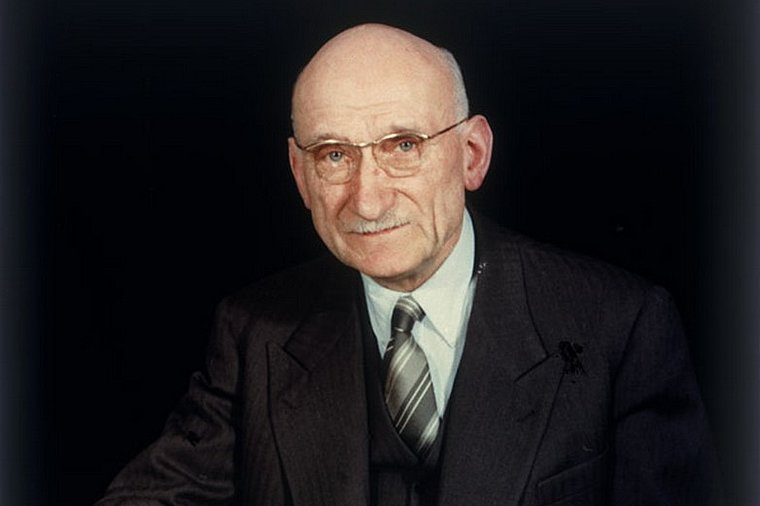
The European Union is an organization that has demonstrated how to implement this value in real circumstances. This was possible to do because, at its very beginning, the Founding Fathers proposed how to combine great Christian ideals with very concrete pragmatic solutions. Peace on the Continent was to be guaranteed by the mechanism of common policy within steel and coal-mining industries. This project was fully successful. At its beginning, two big enemies – France and Germany reconciled and then the biggest and the most aggressive army of the contemporary world withdrew from the half of territory of Europe. Today, we have peace in Europe and we as Christians are obliged to maintain it.
Meanwhile – as in the past – our own European weaknesses become threat to peace. Deficiency in confidence is appearing in the foreground. This deficiency in confidence between:
– Citizens and the European elites
– Individual member states within the EU
– European institutions and governments of EU member states, etc.
The immigration crisis in the past few years revealed this problem in a perfect way. When it was increasing, we failed to play fair one other. Therefore, at present, we as Europeans, pay high price as this crisis escalates.
Since 2012 we have been deaf to the appeals of Turkey asking for help in solving the problem of growing numbers of the refugees from Syria. Our ill-considered military intervention in Libya resulted in political destabilisation in that country that consequently turned into the paradise for the human smugglers.
We have turned blind eye to the growing problems in Italy and Greece where more and more immigrants were arriving by sea. When the immigration crisis broke out in 2015, some countries – unilaterally and outside any procedure – suspended functioning of the Dublin convention. Others did not show any solidarity with the refugees while the European institutions were forcing the harmful and inefficient mechanism of the obligatory relocation. Such list of the European faults can be extended.
Nevertheless, migrations are not going to disappear. Migrations from the South and from the East are going to become one of the greatest challenges to arrive in Europe from the outside world in the 21 century.
In order to face up to these and other challenges we have to restore and intensify mutual confidence. If we fail to do this, we shall not be able to preserve peace on our Continent since the populists and cynics will use the emerging distrust to achieve their short term benefits and such distrust sooner or later will generate aggression.
Therefore, if we want to follow in the public life one of the eight blessings of Jesus given in the Sermon on the Mount, we should take advantage of the experience that initiated the European Union as well as propose very exact mechanism to build confidence so this would help retaining peace on the Continent.
I do not know how such mechanism should look like; however, I think should have the following features:
- It should be easy to understand and be transparent,
- It should provide opportunity for the citizens to join and this includes nongovernmental organizations in particular (perhaps with the use of new technologies).
- It should enable real dialogue in course of which various perspectives as well as anxieties
My hope that such mechanism would be proposed by the politicians is not great. Their perspective is nowadays very short term. This is why I took the liberty to present this problem among representatives of our Pax Romana movement. If not us, who else should reflect on how to combine Christian ideals and pragmatics of the everyday political and social life in Europe!




Leave A Comment
You must be logged in to post a comment.